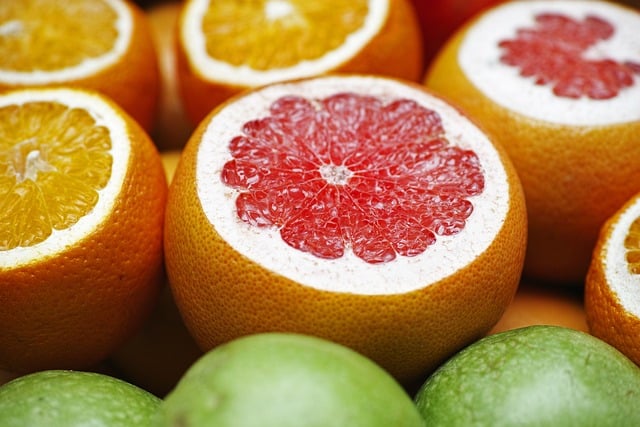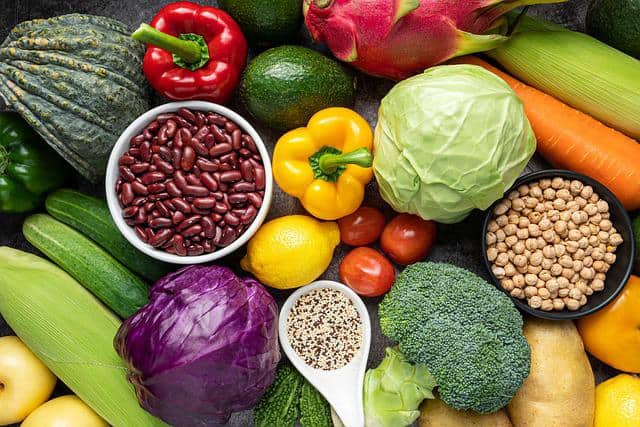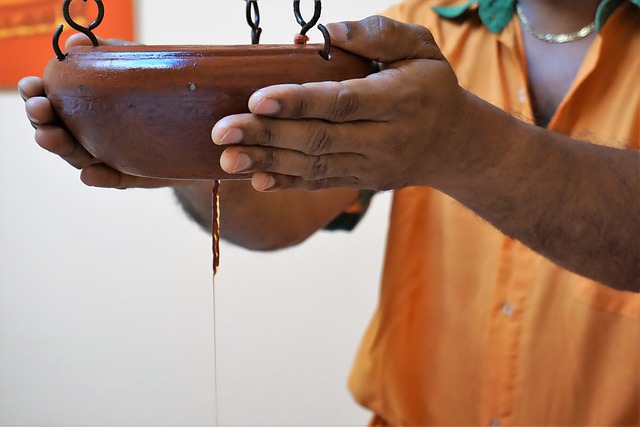Mumps, a viral infection caused by the paramyxovirus, primarily affects the salivary glands, leading to swelling, pain, and other discomforts. While vaccination has significantly reduced the incidence of mumps, outbreaks still occur, and individuals may seek natural remedies to alleviate symptoms or support recovery. This article delves into various traditional and modern natural remedies for mumps, highlighting their effectiveness and safety.
Rest and Hydration
Rest is crucial for allowing the body to combat the mumps virus effectively. Adequate hydration helps maintain fluid balance and supports the immune system’s function. Encourage the individual to drink plenty of water, herbal teas, or clear broths to stay hydrated.

Cold Compress
Applying a cold compress to the swollen areas can help reduce inflammation and ease discomfort. Use a clean cloth soaked in cold water and apply it gently to the affected glands for 10-15 minutes several times a day.
Warm Compress
Alternatively, a warm compress can provide relief by improving blood circulation to the swollen glands. Soak a cloth in warm water, wring out excess water, and apply it to the affected area for 10-15 minutes. Repeat as needed throughout the day.
Herbal Remedies
Several herbs possess anti-inflammatory and antiviral properties that may help alleviate mumps symptoms and support the immune system. These include:
– Echinacea: Known for its immune-boosting properties, echinacea may help reduce the severity and duration of mumps symptoms.
– Licorice Root: With its anti-inflammatory and antiviral properties, licorice root can help soothe inflamed glands and support the body’s defense mechanisms.
– Calendula: Calendula possesses anti-inflammatory properties and can be used topically as a compress or in a diluted form for oral consumption to alleviate swelling and pain.
Vitamin C
Vitamin C is essential for immune function and may help shorten the duration of viral infections. Encourage the individual to consume vitamin C-rich foods like citrus fruits, strawberries, kiwi, and bell peppers. Alternatively, they may consider taking vitamin C supplements under medical supervision.

Cold Foods
Cold foods such as ice cream, popsicles, and smoothies can provide relief from the pain and swelling associated with mumps. Additionally, cold foods are easier to consume when the salivary glands are swollen and tender.

Gargling with Salt Water
Gargling with warm salt water can help reduce pain and inflammation in the throat and mouth caused by mumps. Mix a teaspoon of salt in a glass of warm water, gargle for 30 seconds, and then spit it out. Repeat this process multiple times throughout the day as required.
Honey and Lemon
A mixture of honey and lemon can help soothe a sore throat and provide relief from mumps symptoms. Mix a tablespoon of honey with the juice of half a lemon in a cup of warm water and drink it slowly. Honey has antibacterial properties, while lemon provides vitamin C to boost the immune system.
Turmeric Paste: Turmeric contains curcumin, a compound known for its anti-inflammatory and antioxidant properties. Make a paste by mixing turmeric powder with water and apply it to the swollen glands. Leave the mixture on for 15-20 minutes before gently washing it off with warm water. Repeat this application multiple times daily as necessary.
Proper Nutrition
Eating a balanced diet rich in vitamins and minerals is essential for supporting the immune system during mumps infection. Focus on consuming plenty of fruits, vegetables, lean proteins, and whole grains to provide the body with the nutrients it needs to heal.

Avoiding Irritants
Avoiding foods and beverages that are spicy, acidic, or hard to swallow can help prevent further irritation to the inflamed glands. Opt for soft, bland foods that are easy to chew and swallow until the symptoms improve.
Homeopathic Remedies
Some individuals find relief from mumps symptoms with homeopathic remedies like Belladonna, Phytolacca, or Pulsatilla. These remedies should be chosen based on the individual’s specific symptoms and constitution and used under the guidance of a qualified homeopath.
Essential Oils
Certain essential oils possess antiviral, anti-inflammatory, and analgesic properties that can provide relief from mumps symptoms. Dilute essential oils like tea tree, lavender, or chamomile in a carrier oil and apply topically to the swollen glands, or use them in a diffuser to inhale their therapeutic vapors.
Conclusion
While natural remedies can offer symptom relief and support recovery from mumps, it’s essential to consult a healthcare professional, especially in severe cases or when symptoms persist. Additionally, vaccination remains the most effective way to prevent mumps and its complications. By combining traditional wisdom with modern knowledge, individuals can explore natural remedies as part of their holistic approach to managing mumps and promoting overall well-being.












